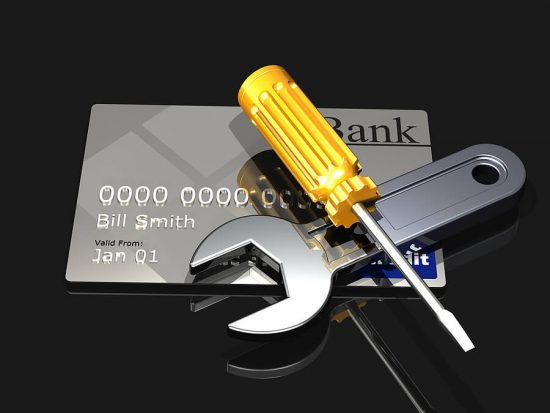Without Success How Are These Companies Able To Pay For Their Advertising?
Well, they may be successful, but that has nothing to do with whether or not they can do what they claim to do. Lots of people throw lots of money at diet pills, diet programs, diet camps, which promise unbelievable health benefits, but still don’t lose any weight. Some diet product (and vitamin, and health food, and, well you get the picture) companies are incredibly prosperous. Similarly, lots of people throw lots of money at companies promising unbelievable credit benefits. They will take your money, churn out more ads, take more money, and then close up shop. It’s as simple as that. Don’t hire a credit counselor unless the counselor meets one of the following conditions:
- The service is free (i.e., one of the consumer credit counseling services or similar non-profit organization affiliated with a national organization) or…
- has a license that took a long time to earn, and which can be lost for malpractice (i.e., a lawyer). Lawyers are pretty expensive, but have a lot to risk for giving you bad or misleading advice. Try the above first, and if they don’t work out for you, hire a reputable lawyer.
